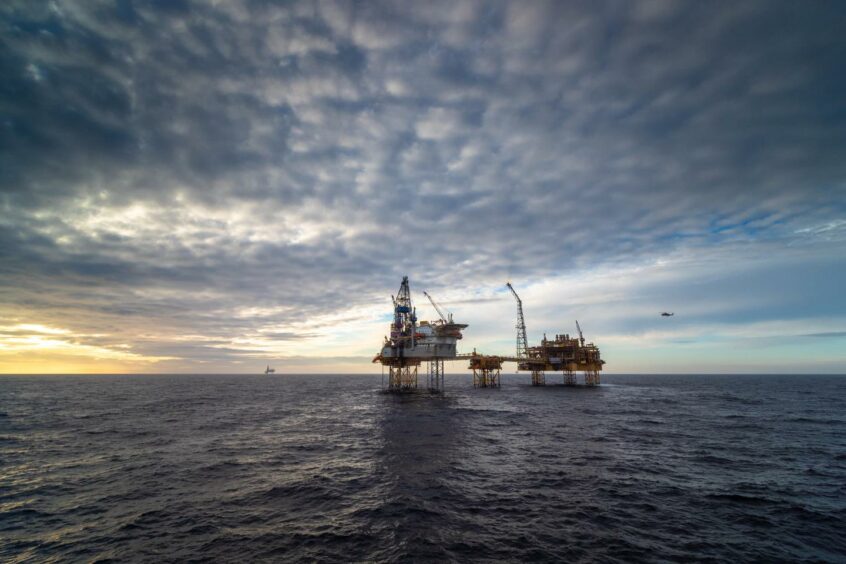
The number of unplanned hydrocarbon releases on platforms in the UK North Sea fell by around a quarter last year.
A report recently released by the Health and Safety Executive (HSE) revealed there were 94 hazardous gas leaks recorded in 2020.
That is compared to 125 unplanned releases in 2019.
Of those 94 leaks recorded last year, 55 were deemed to be minor and 39 were significant – there were no major incidents logged.
A further 27 incidents were reported solely under the EU Offshore Directive arrangements, but did not meet the criteria to be reported to HSE under the Reporting of Injuries, Diseases and Dangerous Occurrences Regulations (RIDDOR).
The figures mark a significant improvement on the previous year, when the safety watchdog reported three major incidents.
There were drops too in the minor and significant categories, with 72 and 53 cases recorded respectively in 2019.
Published on the Oil and Gas UK (OGUK) website, the improvements will come as welcome news to the HSE, which has previously been cutting its criticism of the oil and gas industry’s management of gas leaks.
In a letter released to coincide with the 30th anniversary of Piper Alpha in 2018, Chris Flint, director of the government agency’s energy division, called on operators to “do more” to tackle hydrocarbon releases.
Those worries came to the fore again during the pandemic as lower manning levels led to non-essential maintenance being pushed to the back of the queue.
In July, Mr Flint said, as a result of the upkeep backlog, he has “deep concern” that barriers to prevent potentially deadly hydrocarbon releases from North Sea platforms have been “degraded”.
Commenting, OGUK HSE Adviser Tricia Schooling said: “While It’s encouraging to see the hydrocarbon release figures decline, it’s important for industry to not become complacent. We remain committed to our hydrocarbon release prevention strategy and continue to work towards our goal of zero releases.”
Recommended for you


 © SYSTEM
© SYSTEM